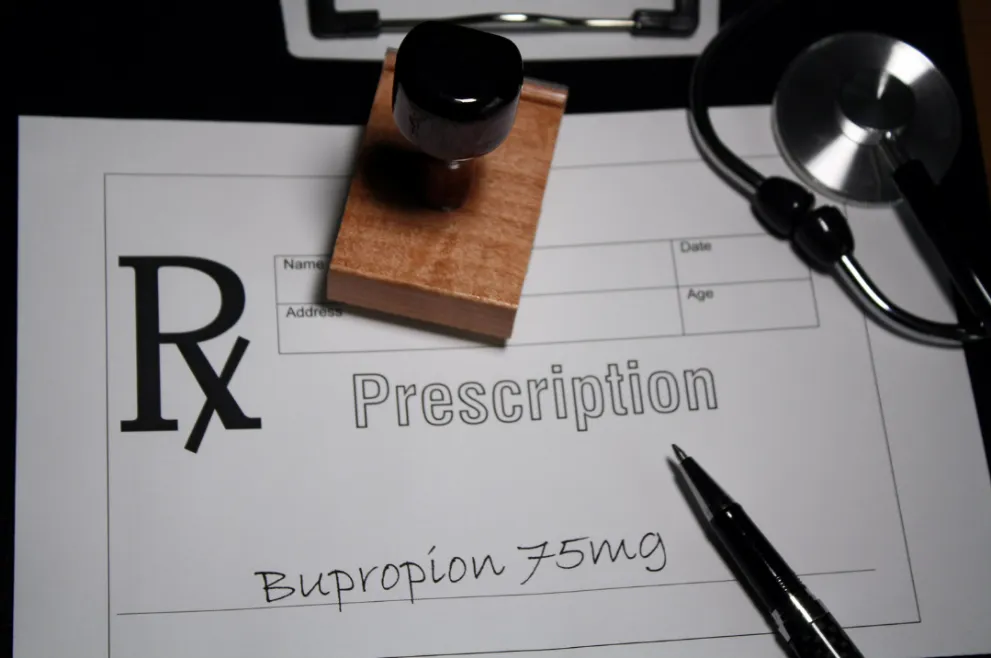How does fluoxetine (Prozac) work?
Fluoxetine (Prozac) prevents the reuptake of serotonin, which increases the level of serotonin in the brain. Serotonin is a crucial chemical that controls your emotions and mood and aids concentration.
What are the indications of fluoxetine?
Fluoxetine (Prozac) is often prescribed for depression, obsessive-compulsive disorder (OCD), bulimia, panic disorder, and bipolar disorder.
What is the typical dosage for fluoxetine (Prozac)?
For adults and children aged 7 years and older, the recommended oral dose of fluoxetine is 10 mg to 20 mg once a day. The maintenance dose is 20 mg to 60 mg once daily. The dosage is based on your age and medical condition. Your doctor might adjust your dose if you have a liver condition.
How long does it take for fluoxetine (Prozac) to work?
The medical condition you are treating will determine how soon you will start seeing the therapeutic effects of fluoxetine. For instance, if you are taking it for depression, you can expect to notice a change in your mood after about two weeks. However, it can take up to two months before you fully experience the optimal benefits.
What should I do if fluoxetine is not working for me?
After taking fluoxetine for about a month as directed, let your doctor know if you feel it is not working for you. Your doctor might increase your dose or change your prescription. If you have to discontinue fluoxetine, don’t do so without your doctor’s guidance as you can experience potentially fatal withdrawal symptoms.
When is the best time to take fluoxetine (Prozac)?
Due to one of its frequent adverse effects, insomnia, doctors typically advise taking fluoxetine in the morning. However, some people feel drowsy after taking fluoxetine. If fluoxetine makes you sleepy, you can take it before bed.
What are the side effects of fluoxetine (Prozac)?
While taking fluoxetine, you could experience some side effects. While most of them are minor and not cause for concern, others can be significant and necessitate immediate medical attention. If you experience any of the side effects below, call your doctor right away.
- suicidal thoughts
- serotonin syndrome
- seizures
- allergic reactions
- severe bleeding
- hallucinations and unconsciousness
Minor side effects from fluoxetine will typically get better over time as your body gets used to the medication. However, if your symptoms worsen, contact your doctor. These side effects include insomnia, headache, drowsiness, anxiety, nervousness, low libido, nausea, diarrhea, low appetite, dry mouth, weakness, and tremors.
Can fluoxetine (Prozac) cause weight gain?
Weight gain is not one of the side effects reported for fluoxetine during clinical trials.
Does fluoxetine interact with other medications?
Fluoxetine might interact with specific drugs and nutritional supplements. If you use any drugs or dietary supplements, let your pharmacist or doctor know. Some possible drug interactions are:
- leuprolide (Eligard)
- linezolid (Zyvox)
- phenelzine (Nardil)
- selegiline (Carbex)
- thioridazine (Mellaril)
- tranylcypromine (Parnate)
- alfentanil
- amiodarone (Pacerone)
How much does fluoxetine (Prozac) cost?
The average retail cost of branded fluoxetine (Prozac) is about $675.10 for 30, 20mg capsules. However, fluoxetine (Prozac) is available as a generic that is far cheaper than the brand name. If you must take the brand, you can use the RxLess prescription savings card to save up to 88% off the retail price. RxLess is accepted at most pharmacies including Rite Aid, Walgreens, and CVS.

















